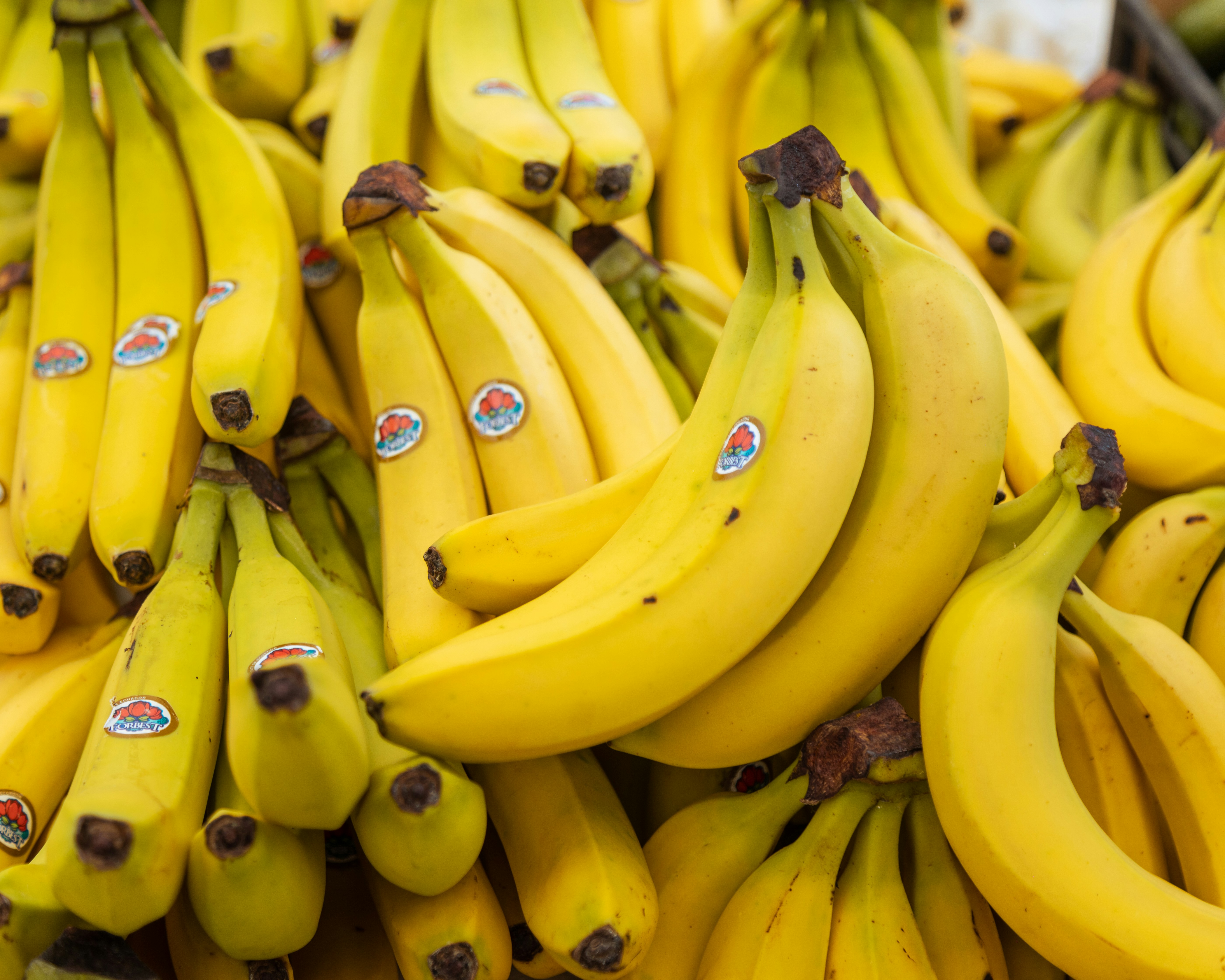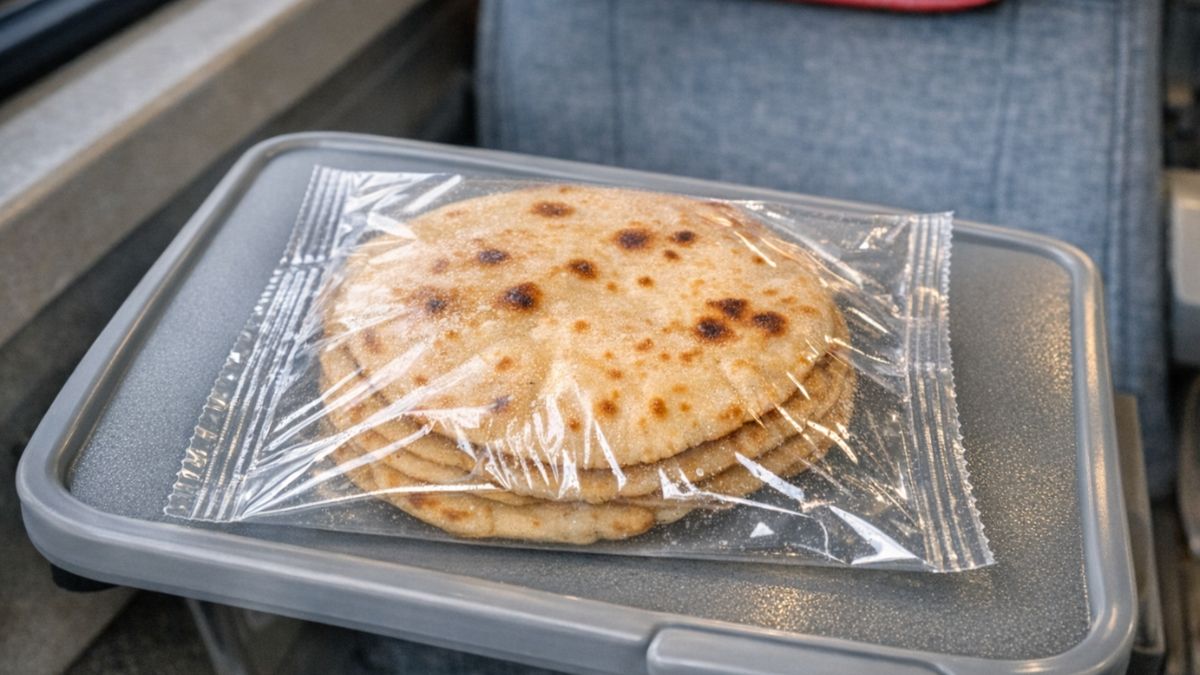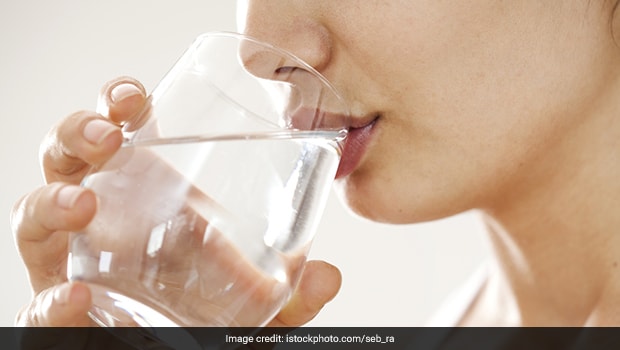Whenever we hear the word 'Calories', we associate it with a negative connotation. We start thinking, weight gain/obesity/health issues - not fair guys! Calories are actually an energy measure and are needed by our bodies to stay alive! Taking it from here I would like to play the devil's advocate for liquid calories - couple of words that almost always lead to a cautionary article or talk about how they derail our calorie count. Hmmm.Okay so calories are present in almost every food that we consume. Some come with other nutrients making it a healthy choice, others come by themselves, pushing the food down the list of must haves. Liquids we consume also come with the same rules. While choosing liquid calories, keep your health goals in mind.  Calories are actually an energy measure and are needed by our bodies to stay alive! Weight loss/ maintenance: If you are on a weight loss diet or want to control those extras to remain within the right weight range then choose from the list below.
Calories are actually an energy measure and are needed by our bodies to stay alive! Weight loss/ maintenance: If you are on a weight loss diet or want to control those extras to remain within the right weight range then choose from the list below.

Active life style: If you are into exercising daily or are a serious sports /workout athlete then you need fluids for meeting two essential needs.  Exercising may lead to losing out fluids
Exercising may lead to losing out fluids
Hydration:Fluids are extremely essential during exercising. Good hydration helps improve performance and prevents fatigue, protects against overheating of the body and thereby elevated heart rates. A standard thumb rule for your fluid needs is - Each kilogram (kg) of weight lost post a work out is equivalent to approximately one litre of fluid. For choosing the right fluid, sport science research has recommended that though water is a good choice, but depending on your intensity, duration and sport, you may very well need some carbohydrate and electrolytes to. Australian institute of sports nutrition states that for "brief" exercise lasting 45minutes or less there is no need for any supplement. Workouts of longer duration and intensity need a hydration plan and research has shown that cool beverages with some flavour and sodium are better tolerated as compared to water. The recommendations for choosing the right fluid are fluids or sports drinks that contain 4-8% carbohydrate, 10-20 mmol/L of sodium. While carbohydrates have been shown to enhance performance, excess of carbohydrates may cause abdominal discomfort.  Good hydration helps improve performance and prevents fatigue, protects against overheating Enhancing Nutritional intake: Intensive training needs more nourishment, but exhaustion and extended workouts may interfere with adequate intake. The guidelines for the Olympic committee's Nutrition for athletes states that if you want to increase your energy intake and build muscle mass then "Drinks such as fruit smoothies, liquid meal supplements and fortified milkshakes and juices can provide a substantial source of energy and nutrients that are quick and compact to consume, and less likely to cause gastrointestinal discomfort than bulky foods." A healthy carbohydrate and protein combination would provide 50-75 gram of Carbs and 15-20 gram protein.
Good hydration helps improve performance and prevents fatigue, protects against overheating Enhancing Nutritional intake: Intensive training needs more nourishment, but exhaustion and extended workouts may interfere with adequate intake. The guidelines for the Olympic committee's Nutrition for athletes states that if you want to increase your energy intake and build muscle mass then "Drinks such as fruit smoothies, liquid meal supplements and fortified milkshakes and juices can provide a substantial source of energy and nutrients that are quick and compact to consume, and less likely to cause gastrointestinal discomfort than bulky foods." A healthy carbohydrate and protein combination would provide 50-75 gram of Carbs and 15-20 gram protein.  Fortified milkshakes and juices can provide a substantial source of energyChoose healthy options and enjoy your drinks. Consuming nutrient rich liquids for whatever health goals you want to achieve is possible.
Fortified milkshakes and juices can provide a substantial source of energyChoose healthy options and enjoy your drinks. Consuming nutrient rich liquids for whatever health goals you want to achieve is possible.
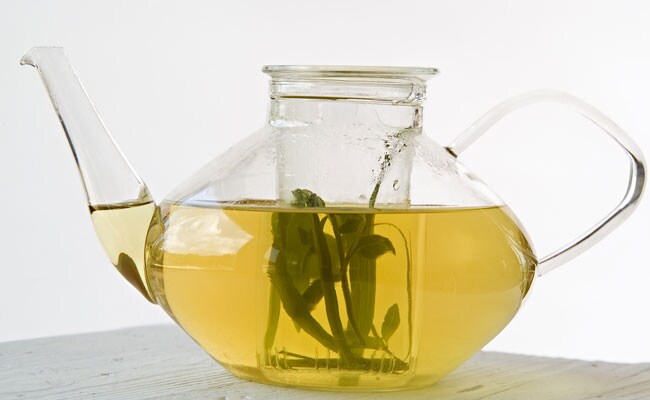 Calories are actually an energy measure and are needed by our bodies to stay alive! Weight loss/ maintenance: If you are on a weight loss diet or want to control those extras to remain within the right weight range then choose from the list below.
Calories are actually an energy measure and are needed by our bodies to stay alive! Weight loss/ maintenance: If you are on a weight loss diet or want to control those extras to remain within the right weight range then choose from the list below.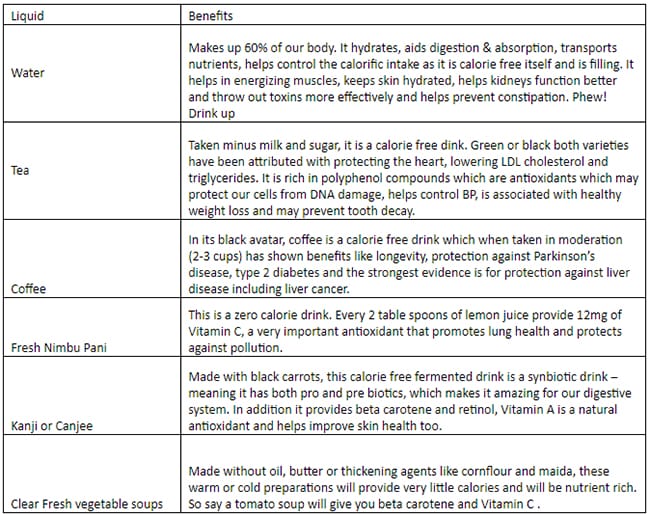
Active life style: If you are into exercising daily or are a serious sports /workout athlete then you need fluids for meeting two essential needs.

Hydration:Fluids are extremely essential during exercising. Good hydration helps improve performance and prevents fatigue, protects against overheating of the body and thereby elevated heart rates. A standard thumb rule for your fluid needs is - Each kilogram (kg) of weight lost post a work out is equivalent to approximately one litre of fluid. For choosing the right fluid, sport science research has recommended that though water is a good choice, but depending on your intensity, duration and sport, you may very well need some carbohydrate and electrolytes to. Australian institute of sports nutrition states that for "brief" exercise lasting 45minutes or less there is no need for any supplement. Workouts of longer duration and intensity need a hydration plan and research has shown that cool beverages with some flavour and sodium are better tolerated as compared to water. The recommendations for choosing the right fluid are fluids or sports drinks that contain 4-8% carbohydrate, 10-20 mmol/L of sodium. While carbohydrates have been shown to enhance performance, excess of carbohydrates may cause abdominal discomfort.

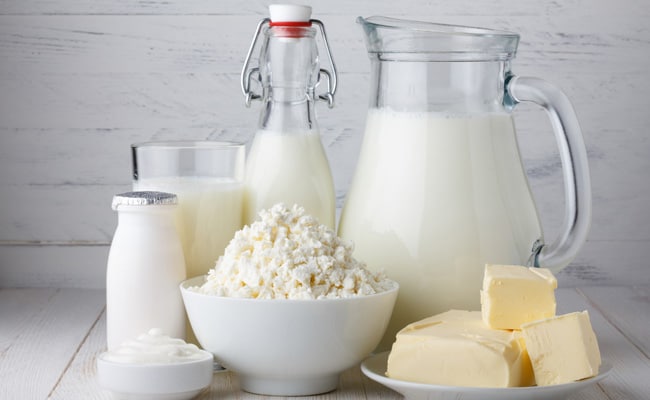 Fortified milkshakes and juices can provide a substantial source of energyChoose healthy options and enjoy your drinks. Consuming nutrient rich liquids for whatever health goals you want to achieve is possible.
Fortified milkshakes and juices can provide a substantial source of energyChoose healthy options and enjoy your drinks. Consuming nutrient rich liquids for whatever health goals you want to achieve is possible.Advertisement

